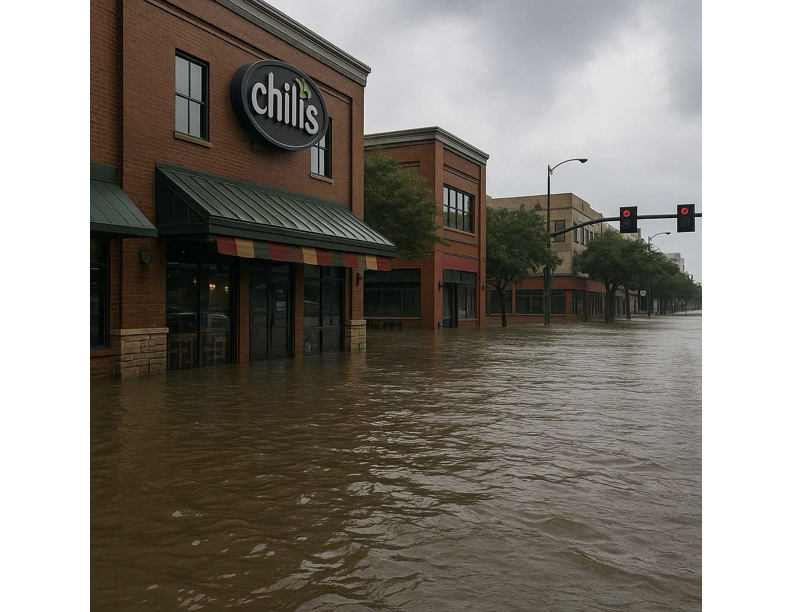The recent floods in Texas, particularly those affecting the Texas Hill Country around the July 4th weekend, have significantly impacted the state's hospitality and tourism industry.
Impacts
- Damage to Infrastructure: Flooding has caused severe damage to tourist destinations, including state parks like Big Bend Ranch State Park, and disrupted travel with road and bridge closures.
- Reduced Tourism: Areas like Kerrville, typically popular for tourism, have experienced plummeting visitor numbers as travelers re-evaluate their plans due to safety concerns and infrastructure damage.
- Business Disruptions: Hospitality businesses, including hotels, restaurants, campgrounds, and event venues, face closures, evacuations, and significant losses in revenue, especially during peak seasons like the summer months.
- Economic Losses: AccuWeather estimates the total economic loss from the recent floods could range from $18 billion to $22 billion, factoring in direct damage, business interruptions, and impacts on future tourism.
- Challenges for Small Businesses: Small, tourism-dependent businesses face an uncertain future, with some owners expressing concern about their ability to rebuild and support their employees.
Recovery Efforts
- Resilience and Support: Despite the devastation, the Texas tourism sector has shown resilience in the past, and recovery efforts are underway with support from local governments, federal aid, and the private sector.
- Government Assistance: The Federal Emergency Management Agency (FEMA) is providing disaster assistance for individuals and public infrastructure repairs. The Texas Governor has also approved federal disaster assistance for several counties and sought additional resources.
- Small Business Support: The U.S. Small Business Administration (SBA) offers disaster loan assistance and resources for businesses to help them overcome economic hardship. LiftFund, a community lender, is also offering relief to businesses struggling to secure funding in the aftermath of the floods.
- Community and Non-profit Efforts: Restaurants across the state are contributing to relief efforts, and non-profit organizations like the Southern Smoke Foundation have launched funds to support hospitality workers affected by the floods.
- Volunteer Mobilization: A statewide call for volunteers has mobilized thousands to assist with tasks like cleanup, supply distribution, and medical aid.
Future Outlook
- Strategic Rebuilding: The Texas tourism industry will require substantial assistance to rebuild and will need to focus on strategic efforts to create a more resilient economy that can withstand future natural disasters.
- Sustainable Tourism Practices: Experts are suggesting the adoption of more sustainable tourism practices and investments in resilient infrastructure to protect natural resources and tourism activities from the impacts of climate-related disasters.
- Renewed Marketing: There will likely be a concerted effort to revitalize tourism with new marketing campaigns highlighting the state's attractions and the resilience of its people.
- Responsible Tourism: As visitors return, there's a potential for tourism to evolve into a more responsible industry, supporting communities in need during the rebuilding process.
The Texas floods have undeniably created significant challenges for the hospitality industry, but the efforts towards recovery, coupled with the inherent resilience of the state, point towards a path of rebuilding and adapting for the future.

